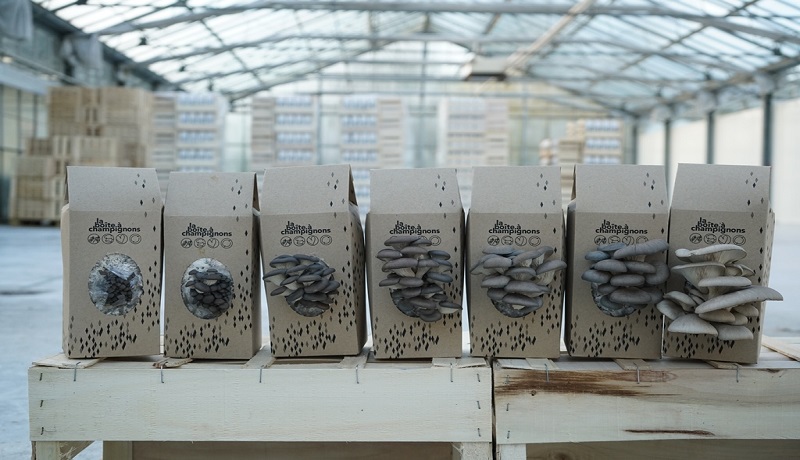Twelve circular initiatives to discover on open_resource
Turning waste into resources is one of the most crucial steps to achieve a circular economy. That’s why some businesses are looking for new innovative ways to reuse their own products and by-products, as well as other industrial waste.
Achieving a true circular economy is a stepping stone necessary to build a sustainable future. In Europe alone, adopting circular economy principles could create a net benefit of 1.8 trillion euros by 2030, according to the Ellen MacArthur Foundation. That is why, over the last few months, Sparknews has been sharing impactful stories on circular economy initiatives in SUEZ’s open_resource website, hoping to inspire business leaders to take action and accelerate the pace of the ecological and social transition the world needs to become truly sustainable. Here’s a recap of the 12 initiatives with a positive impact that we’ve featured in this series.
BeeOdiversity: what if bees had the keys to their own survival?
Based in Belgium, the social enterprise BeeOdiversity helps companies and local authorities to develop nature-based solutions that aim to restore biodiversity, by collaborating with rather special partners — honeybees.
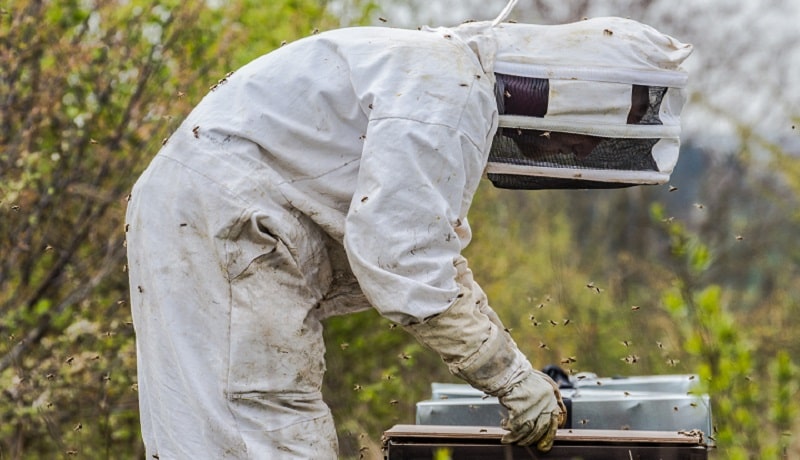
Woodoo, hybrid wood for tomorrow’s sustainable architecture
The French start-up Woodoo has developed a green chemistry process that transforms wood into a new sustainable material that has a strength range similar to metal. In the near future, it could replace concrete and revolutionize architecture.
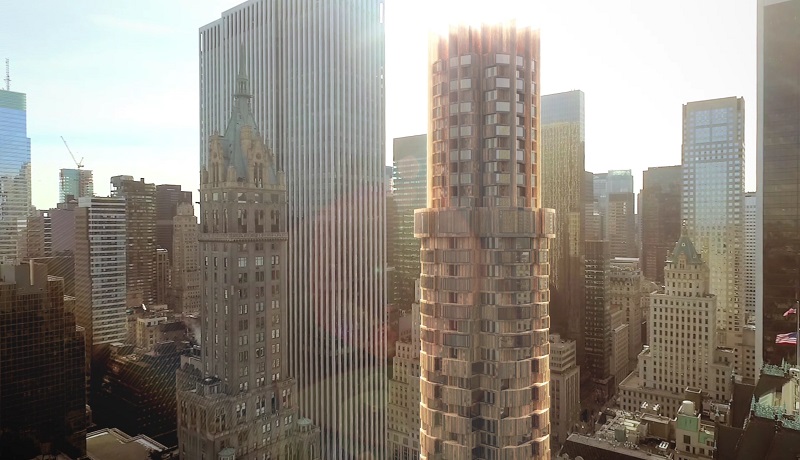
Qarnot computing, recycling the heat from computers to favor an ecological transition
The French start-up Qarnot computing has developed the world’s first computer-radiator, capable of recycling the heat released by computer calculations to heat living spaces. A win-win for cities, businesses, and for the environment
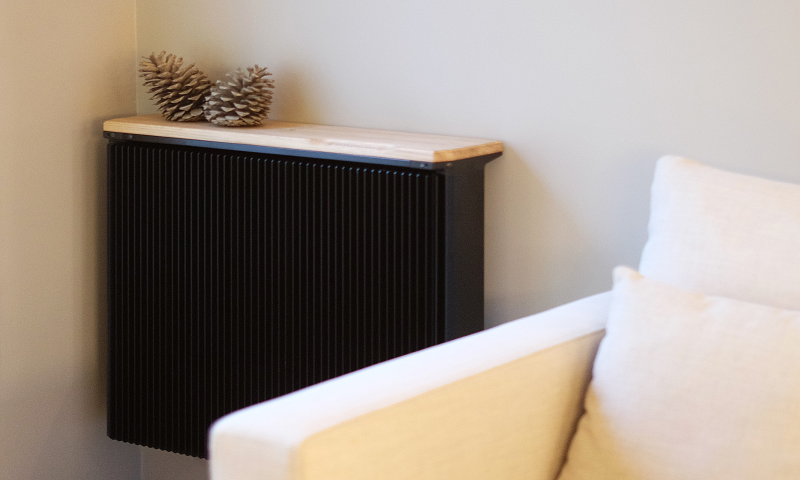
Zéphyr et Borée has the wind in its sails to transform maritime transportation
The French start-up Zéphyr et Borée aims for a zero-carbon maritime transport of goods with an innovative concept: hybrid sail-and-engine cargo ships. Cast off scheduled in 2022.
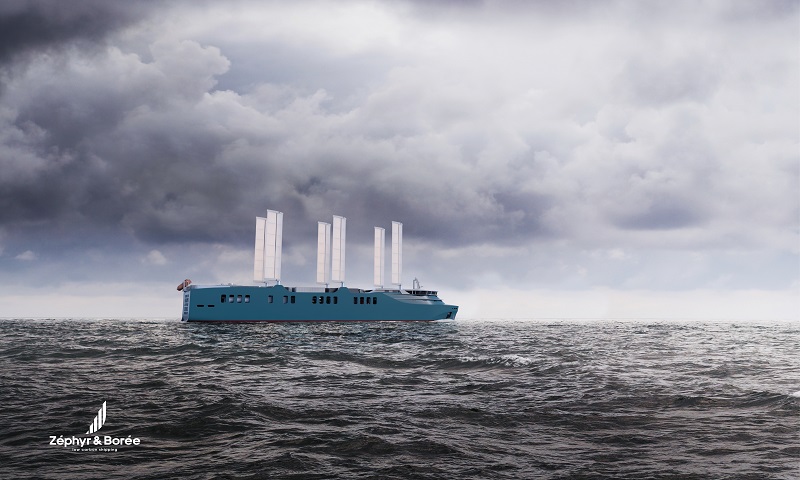
Interface, the circular carpet that achieved carbon neutrality
The company Interface, a world leader in the manufacture of modular carpets, was one of the first to use circular techniques in the design of its products back in 1994. Today, its products have achieved carbon neutrality, but the company wants to go even further.
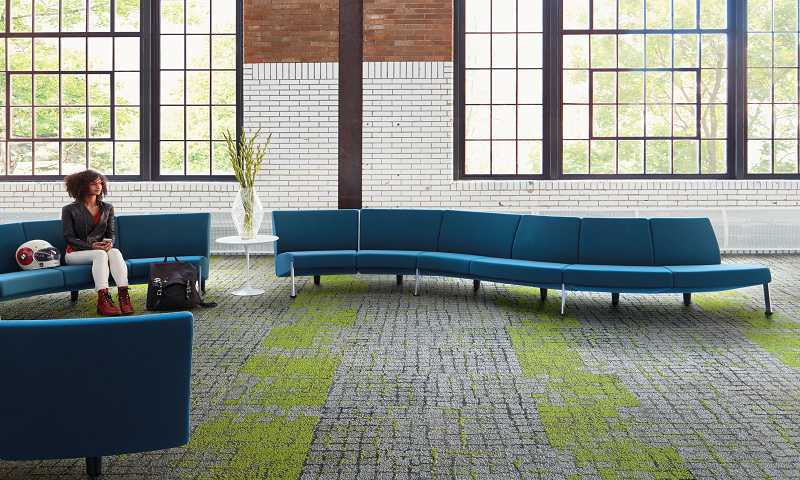
Eonef, biodiversity’s conservation efforts take off the ground
The French startup Eonef has designed an autonomous solar-powered aerial platform in the form of a helium aerostat — a tool that allows conservation scientists to take the observation and study of biodiversity to unprecedented heights.
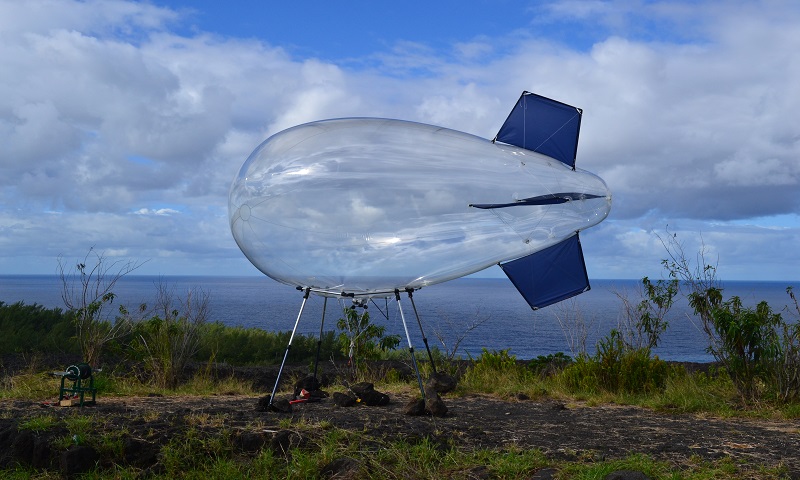
Orange Fiber turning citrus juice by-products into eco-friendly fabrics
The Italian company Orange Fiber is making circular economy fashionable, by manufacturing a new type of eco-friendly textile for high-end clothing brands from an industrial by-product — orange peel and pulp.
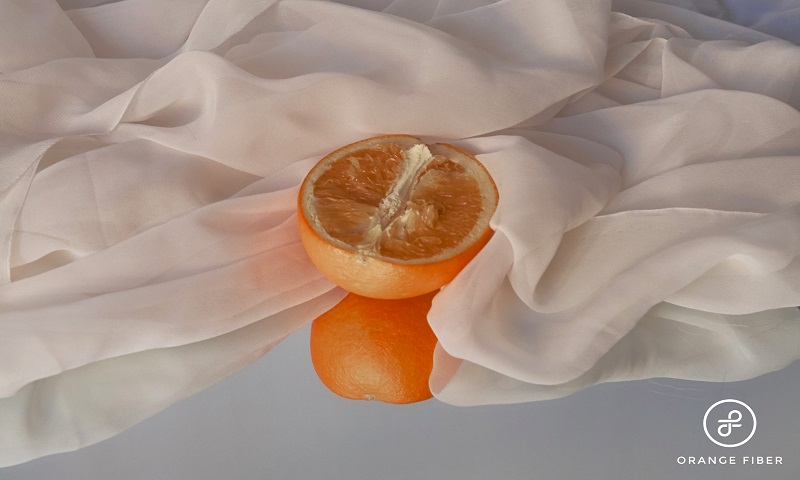
Eco Wave Power, harvesting the ocean’s endless motion to produce clean electricity
The Israeli startup Eco Wave Power has developed a cost-effective and eco-friendly technology to generate clean renewable energy and connect it directly into the electricity grid, tapping into one of the most vast and unlimited natural resources in the world — sea waves.
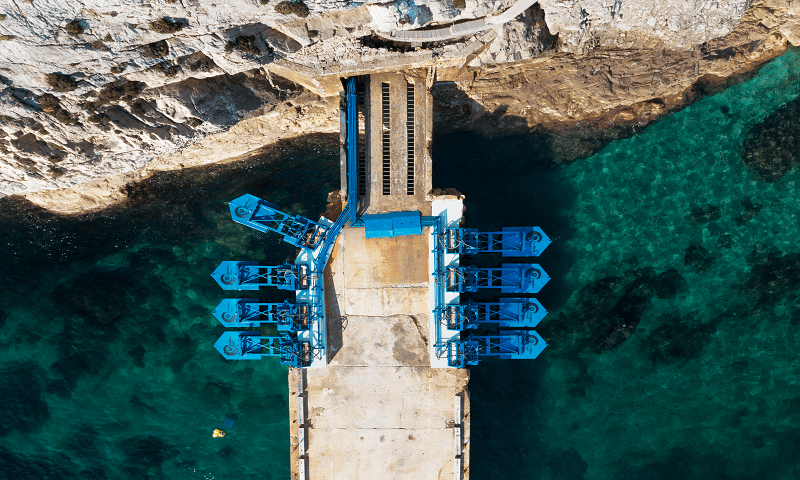
Pandobac rents reusable receptacles to suppliers and food distributors
Founded in 2018, Pandobac offers for instance an alternative to food single-use packaging. “In Ile-de-France, nearly 300,000 packages are thrown away every day,” says Shu Zhang, co-founder and CEO of the company. To tackle this, Pandobac has developed a reusable receptacle service, integrated across the entire value chain — from producer to retailer, to delivery and wholesalers.
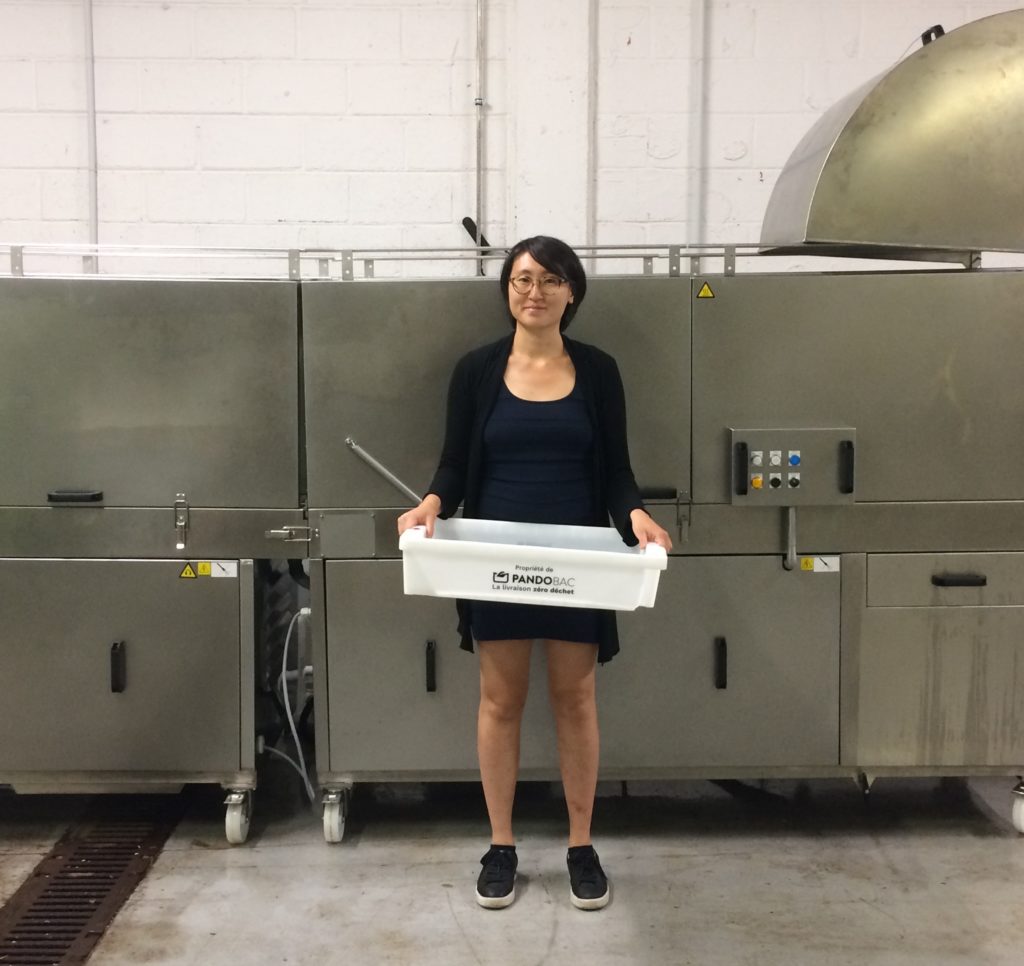
Meal Canteen prevents food waste in the catering sector
Thanks to a web and mobile app, the company offers users the possibility to book in advance their next meal with their caterer service, free of charge. In a sector that accounts for one million meals wasted each year according to Ademe, Meal Canteen helps catering managers to optimize purchases and production, by allowing them to know exactly how many meals need to be prepared.
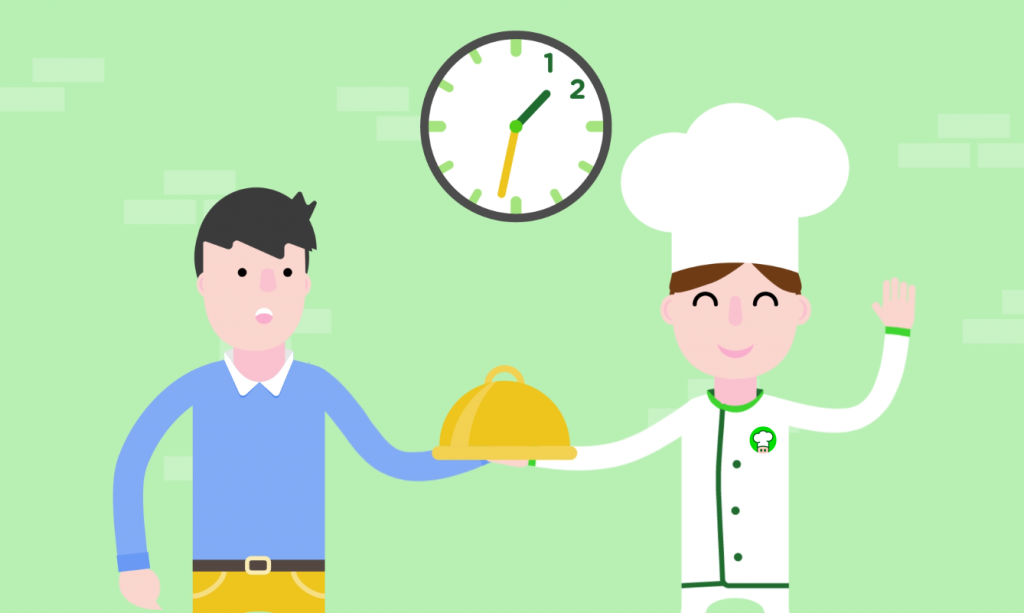
PUR Projet shows that the regeneration and preservation of ecosystems can also create value
“Since 2008, we have helped 150 companies around the world to integrate climate issues into their value chain in order to boost and preserve the ecosystems on which they depend, in collaboration with local communities,” explains Emmanuelle Hervéou, head of communications of PUR Project. She adds: “We call this way of internally offsetting a company’s environmental and social impact ‘insetting’.”
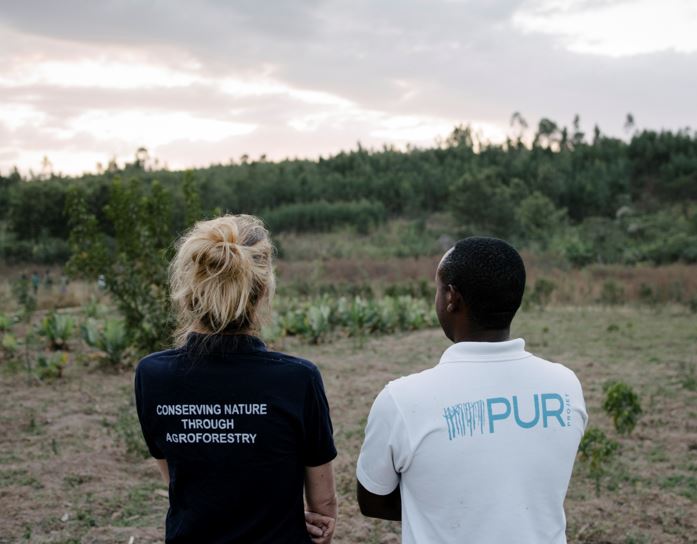
These articles have been published on the platform open_resource. Christian de Boisredon, the founder of Sparknews, also signed an op-ed on the importance of collaboration in the circular economy.


